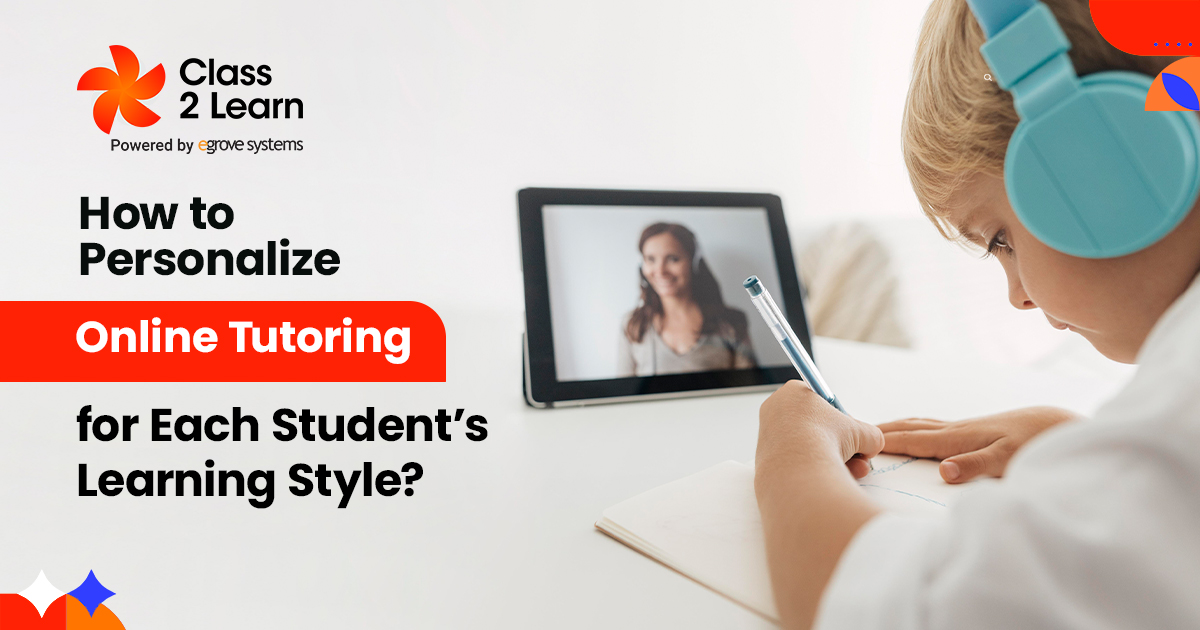Tutoring has been a tradition in education since the earliest days of human civilization — from ancient Greece to the Middle Ages. When education became more formalized, and the classroom method emerged, teaching changed to a mass-instruction mode.
Today, schools, colleges, vocational institutions, and the performing arts all follow large classroom formats. While this has made education far more accessible to people worldwide, the individual attention each student receives has undeniably taken a nosedive.
Which leads us to the subject of the hour: when should your child seek tutoring? The discussion is continuing and will go on for many years. However, there are five generally recognized signals that your child is suffering and requires further instruction and assistance.
When Does Your Child Need A Tutor?
The Princeton Review states that 25 percent of high school students say homework is their biggest source of stress. Moreover, in today’s busy and competitive world, children are subject to increasing amounts of pressure to “do it all” — academics, sports, dance, drama, martial arts, music, and more. To cope, kids often need help in the form of tutoring.
Sign #1: Your Child’s Homework Is Getting Out of Hand
If your child used to spend an hour or two on homework but now spends several hours, it’s time to investigate. Is the project enormous, or does the same amount of coursework take twice as long? Mathematical and scientific concepts build on one another. Missing just one notion might have a snowball effect, and if this happens, your youngster will need additional help.
Sign #2: Your Child Requires Extra Assistance
We know that most children require homework assistance at least once each week. And you are generally the source of such assistance. However, if your child is suffering and requires more assistance than you can supply, it’s time to consider hiring a tutor.
Sign #3: Your Child Despises Everything
You had a happy child who enjoyed going to school, who had favorite subjects, instructors, and even a favorite binder! Your child now despises school, pays little attention to his or her teachers, and the binder is accumulating dust under the bed. “I despise this,” for example, may be code for “I don’t understand this.” It’s time to look into getting your child a tutor.
Sign #4: Effort But No Reward
Your child has been dutifully doing his or her homework and studying for every exam, yet their marks on homework and quizzes have dropped. When your children are putting in the work but not receiving the grades they deserve, it’s time to identify the issue and hire a tutor.
Sign #5: Shut-down Mode
If your child can’t seem to focus in school, starts turning in assignments late, or ignores homework, it’s time to get a tutor. Children who fully shut down and quit trying are so frustrated that they just give up. Tutoring might assist them in getting back on track.
Choosing a Tutor for Your Child
Here are some things to remember before choosing a Tutor:
- Has the tutor undergone any formal training?
- Is the tutor eager and open to new ideas?
- How many years has the tutor been tutoring?
- Is the instructor able to identify what needs to be done and then create a plan?
- Is your youngster getting along with the tutor?
- Is the tutor able to provide references?
Benefits of Online Tutoring:
In the past, in-person tutoring was the standard. However, online tutoring is becoming a more popular and realistic choice. Online tutoring’s flexibility and simplicity of access are crucial in these increasingly hectic times. These benefits, when paired with professional differentiation and teaching, can have a major influence on your child’s tutoring effectiveness.
Online tutoring also offers you a much wider pool of tutors to choose from (instead of being limited to your immediate vicinity) — enabling you to find the right tutor for your child. Also, keep in mind that online tutors have online ratings and reviews!
Besides offering the benefit of enhancing student learning and knowledge retention, the value of online tutoring is its flexibility of scheduling. With traditional tutoring, most windows of opportunity are within a couple of hours after school ends.
Tutors must travel to a predetermined site, set up their supplies, and begin instructing the student. When using online tutoring, the session may begin as soon as instructors and students establish an online virtual connection. As a result, online tutoring is effective, convenient, and can be tailored to any student’s learning needs. It might be just what your youngster requires!





Add comment